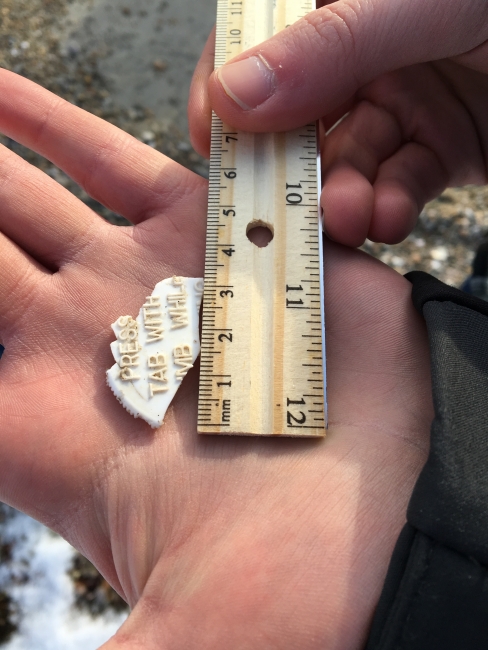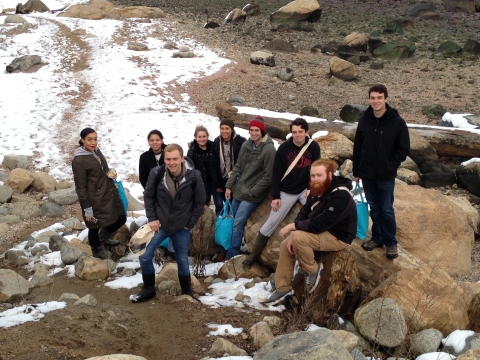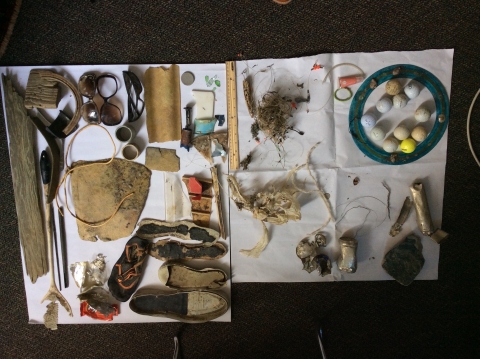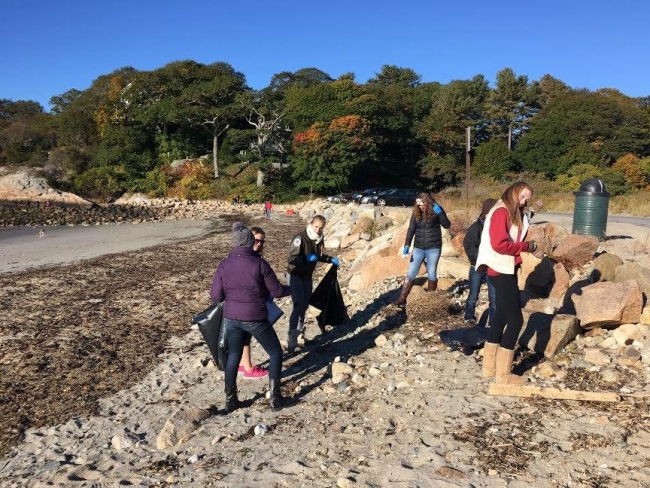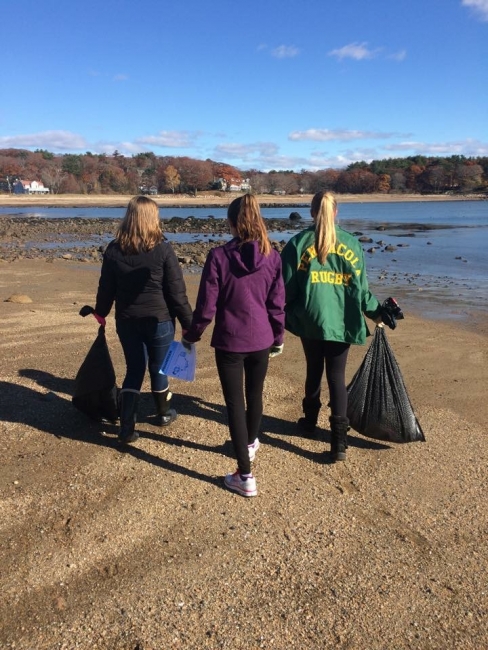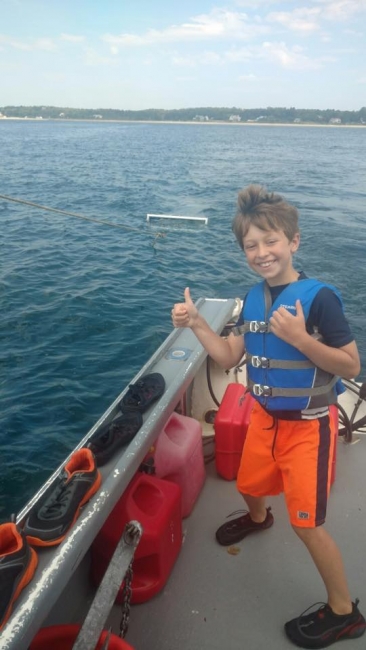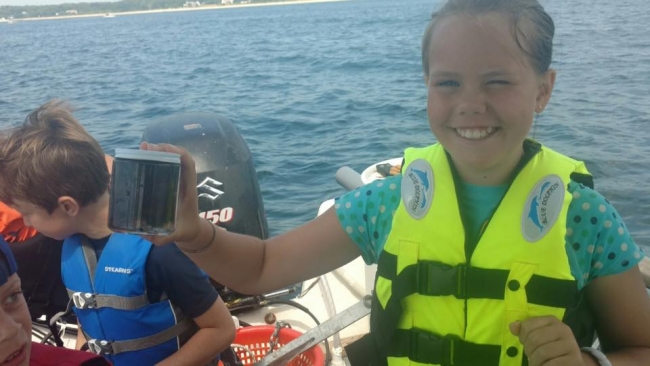Marine debris is a pervasive problem throughout the United States. In the Northeast, it’s no different. Luckily, there are several projects underway to combat this problem. Focusing on prevention, the ultimate solution to marine debris, two of these more recent projects use education to stop debris in its tracks.
The From Shore to State House project, led by the University of Hartford and supported by the NOAA Marine Debris Program (MDP), has developed a college-level course which introduces students to marine debris. Students learn about the subject, participate in cleanups, and then talk to their local legislators about marine debris policy. The best part? The course materials are open-source, so other college instructors can replicate the program. Learn more about this project here.
The Gulf of Maine Lobster Foundation (GOMLF), supported by the MDP, is also using education to combat marine debris. Working with a variety of partners, the GOMLF is developing a STEM education program that spans the Gulf of Maine. This program involves students, teachers, and local residents in a variety of hands-on education activities to learn about marine debris and its impacts. Learn more about this project here.
These are just some of the exciting efforts happening in the Northeast right now! Additional projects include those run through the Fishing for Energy program, a partnership between the MDP, the National Fish and Wildlife Foundation, Covanta, and Schnitzer Steel. One such project focuses on addressing the challenges associated with identifying lost lobster pots—and uses side-scan sonar to do so (learn more here)! Another is educating recreational pot fishers about preventing gear loss through a series of educational videos (learn more here).
There are lots of cool things going on in the Northeast! Keep your eyes on our blog this week for more, and check out our website for more interesting marine debris projects in the Northeast and throughout the country!

